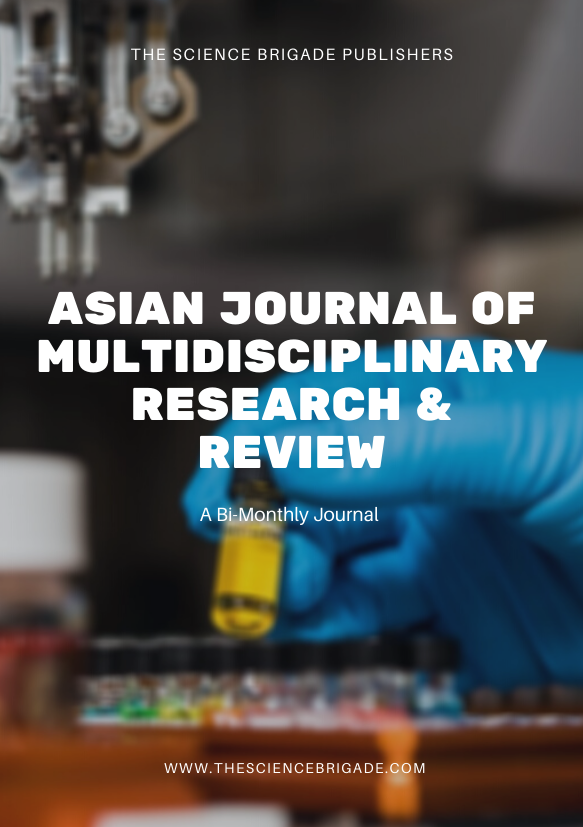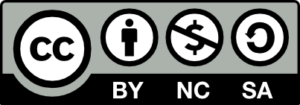Albert Camus was a French philosopher, thinker, writer and journalist from Algeria. He had witnessed both the world wars and was part of the French Resistance army fighting against Nazi occupation of France during 1940-45. Along with Nietzsche, Kirkegaard, and Sartre, Camus was called an Existentialist. However, he rejected the label and reiterated that he belonged to the Absurd school of philosophy. He felt life had become meaningless and hopelessness was seen everywhere. The war itself was absurd as killing of innocents could not be justified by any just cause. Life was capricious because the universe was irrational. The interaction between the rational human being and the irrational universe produced the absurdity in life. Among his works three of his seminal works have been chosen for discussion in this essay. The novel he wrote in 1946, The Plague, The essay he wrote in 1942 of Myth of Sisyphus and the lecture he delivered to an audience in New York in 1946 titled “The Human Crisis.” In the world today, when terror has gripped humanity and made life more and more uncertain; the outbreak of a strange virus that became a pandemic in 2020-2021 killing more people than any war has done so far, Camus’ philosophy and novel has become increasingly meaningful as well as relevant
The Relevance of Albert Camus in the Contemporary World
Publication Information
Journal Title: Asian Journal of Multidisciplinary Research & Review
Author(s): Ancy Eapen
Published On: 09/01/2023
Volume: 3
Issue: 6
First Page: 211
Last Page: 220
ISSN: 2582-8088
Publisher: The Law Brigade Publisher
Cite this Article
Ancy Eapen, The Relevance of Albert Camus in the Contemporary World, Volume 3 Issue 6, Asian Journal of Multidisciplinary Research & Review, 211-220, Published on 09/01/2023, Available at https://ajmrr.thelawbrigade.com/article/the-relevance-of-albert-camus-in-the-contemporary-world/
Abstract
Share this research
Latest Publications

License Information
Copyright © [hfe_current_year]
Ancy Eapen

Ownership and Licensing:
Authors of this research paper submitted to the Journal of Science & Technology retain the copyright of their work while granting the journal certain rights. Authors maintain ownership of the copyright and have granted the journal a right of first publication. Simultaneously, authors agreed to license their research papers under the Creative Commons Attribution-NonCommercial-ShareAlike 4.0 International (CC BY-NC-SA 4.0) License.
License Permissions:
Under the CC BY-NC-SA 4.0 License, others are permitted to share and adapt the work, as long as proper attribution is given to the authors and acknowledgement is made of the initial publication in the Journal of Science & Technology. This license allows for the broad dissemination and utilization of research papers.
Additional Distribution Arrangements:
Authors are free to enter into separate contractual arrangements for the non-exclusive distribution of the journal’s published version of the work. This may include posting the work to institutional repositories, publishing it in journals or books, or other forms of dissemination. In such cases, authors are requested to acknowledge the initial publication of the work in the Journal of Science & Technology.
Online Posting:
Authors are encouraged to share their work online, including in institutional repositories, disciplinary repositories, or on their personal websites. This permission applies both prior to and during the submission process to the Journal of Science & Technology. Online sharing enhances the visibility and accessibility of the research papers.
Responsibility and Liability:
Authors are responsible for ensuring that their research papers do not infringe upon the copyright, privacy, or other rights of any third party. The Journal of Science & Technology and The Science Brigade Publishers disclaim any liability or responsibility for any copyright infringement or violation of third-party rights in the research papers.




